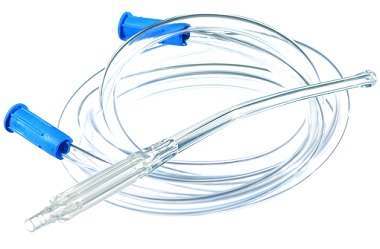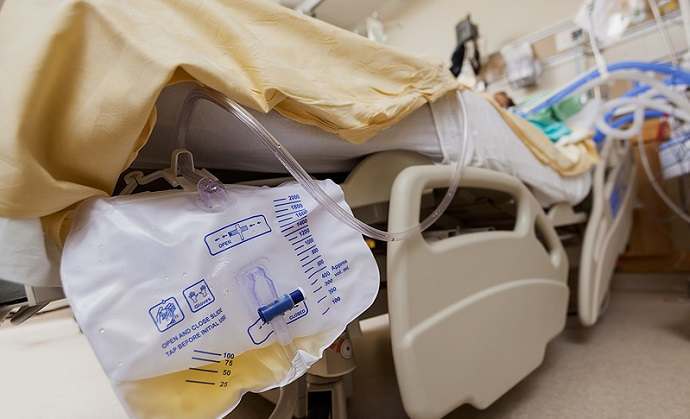The American Association of Critical-Care Nurses ranks catheter associated Urinary Tract Infection (CAUTI) among the most common infections that can happen in a hospital environment. CAUTI is caused by indwelling catheters which are inserted inside the urethra to drain your bladder when you are not able to control it because of a medical condition.
Causes of CAUTI
 Bacteria can come from the catheter, your skin or from the hospital personnel dealing with you. They can enter into your urinary tract through the catheter during the process of inserting it. Once they get in there, they settle, increase then cause infection. If the drainage bag that collects urine from the bladder is not emptied as required contamination can occur.
Bacteria can come from the catheter, your skin or from the hospital personnel dealing with you. They can enter into your urinary tract through the catheter during the process of inserting it. Once they get in there, they settle, increase then cause infection. If the drainage bag that collects urine from the bladder is not emptied as required contamination can occur.
Also urine may flow back towards the urethra or the catheter may be dirty. When waste from passing bowel gets in contact with your catheter, the bacteria from it will infest your urinary tract.
Symptoms of CAUTI
Symptoms of CAUTI are similar to other UTIs they include the following;
- urine being cloudy
- urine in blood
- urine with strong odor
- discomfort or pain in your lower back
- lower abdominal pain
- fatigue
- vomiting
- mental disorientation
- urine leaking around your catheter
If you suspect CAUTI quickly inform your health care givers. The infection can lead to serious kidney complications if it is not treated as soon as possible. If you are wearing a catheter it means that your immune system has been compromised already thus the need for immediate treatment when UTI symptoms occur.
Diagnosing CAUTI
 You will need a urine test to detect blood cells in the urine. If present it indicates infection. A urine culture will identify the exact bacteria or fungi causing your infection so that your doctor can know exactly what they are treating.
You will need a urine test to detect blood cells in the urine. If present it indicates infection. A urine culture will identify the exact bacteria or fungi causing your infection so that your doctor can know exactly what they are treating.
Retained urine whether in the bag or in the bladder is breeding ground for bacteria hence doctors may perform an ultrasound to check if your bladder still has urine after draining it using the catheter.
Treatment
CAUTI is harder to treat compared to other UTIs so it might take longer for you to heal. You will be given antibiotics and pain killers for oral use or by intravenous means if the UTI is severe. Your treatment will involve taking a lot of water or other fluids excluding alcohol, caffeine, carbonated sodas or citrus juices.
Prevention of CAUTI
To prevent CAUTI catheters should not stay inside your urethra for longer than necessary. Catheters must be cleaned properly and inserted or removed carefully to reduce the risk of infection. Change your catheter at least once per month.
Hospitals should take extra care and cleanliness measures whilst handling catheter patients. The skin near the catheter should be cleaned frequently. The drainage bag should be kept below the bladder to avoid urine flowing back. It should be emptied after it has drained the bladder. People who handle your catheter should clean their hands before and after touching it.











